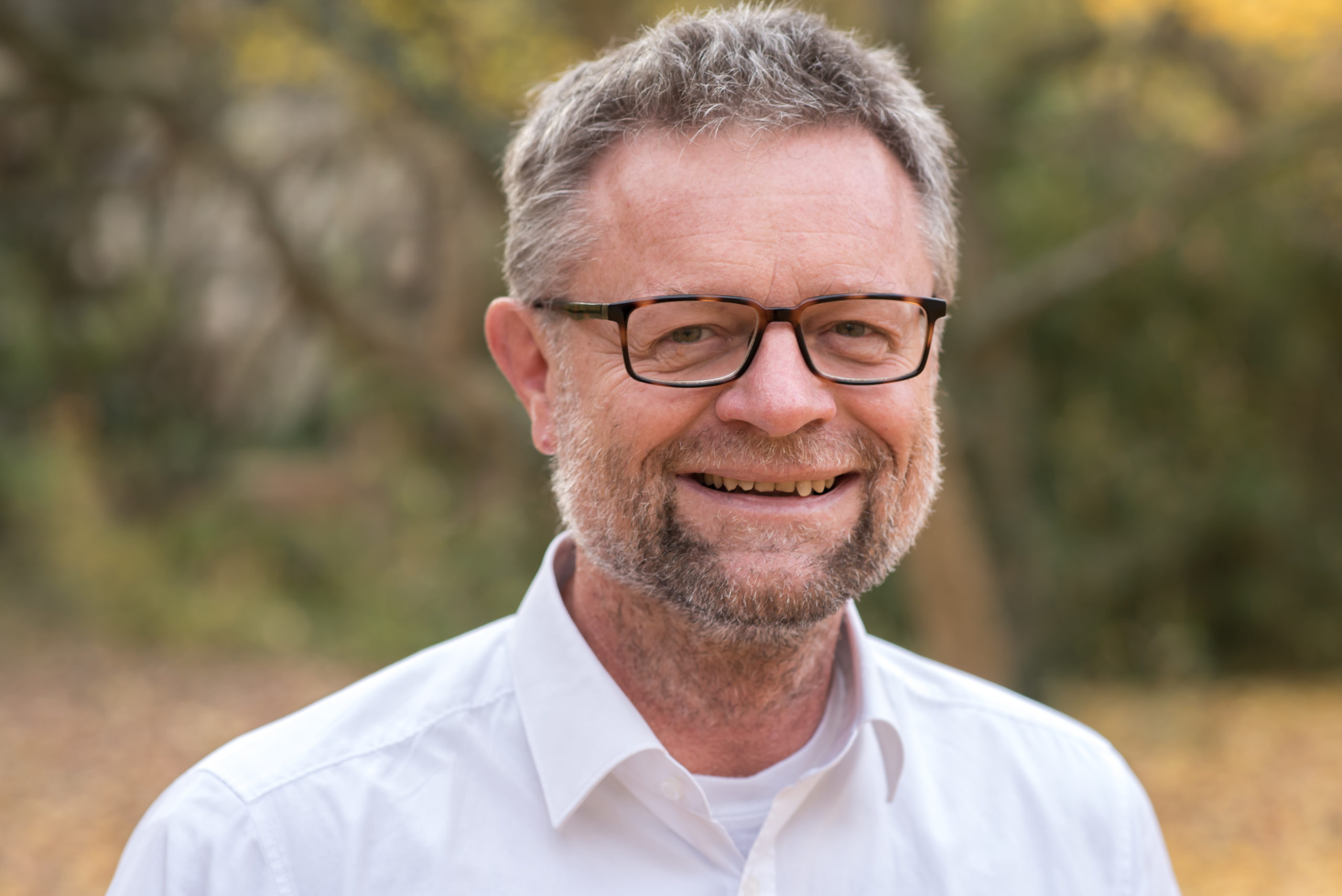Faces of the LIB: Bernhard Misof

©ZFMK, Bernhard Misof
As Director General, he now occupies the highest management level at the Leibniz Institute for the Analysis of Biodiversity Change (LIB): Prof. Dr Bernhard Misof starts our series “Faces of the LIB”, in which we introduce all those who research, collect, design, communicate and contribute to the success of the LIB. With the founding of the LIB, he is responsible for the locations in Bonn and Hamburg. He sets the tone for the future content orientation of the Institute.
What brought you to biology?
I developed a passion for nature and biology at an early age. At the age of four, my grandfather introduced me to the world of butterflies and thus further encouraged my passion for living creatures. Although I already had the desire to go out into the world when I was in primary school, I first studied biology in Vienna. After my diploma thesis on questions of evolutionary developmental biology, I was drawn to Yale University in the USA. When my wife’s residence visa expired in 1995, we had to return to Europe. We had met during our studies on an excursion to the Maldives. In the meantime, my family and especially my five grown-up children ensure that my private life remains exciting.
What challenges now await you as Director General of the LIB?
As a scientist, I am now faced with many unfamiliar and unusual tasks: The management of my own house, the staff and the cooperation with the administration were well-rehearsed until now. Now another large
museum in Hamburg is being integrated with many new colleagues. We want to successively and creatively expand new academic centres together with our staff.
What motivates you and satisfies you in your work?
The great thing about working as Director General is the combination of scientific work and dealing with people – on the one hand with our own staff and on the other with visitors. To develop this Leibniz Institute into a unique forum for the exchange of content on biodiversity change is a great incentive for me. I want to gather a lot of facts and hear different, professional opinions. Thanks to digital progress, it is even now possible to discuss with experts and the public regardless of location. My goal is to use innovative methods and fresh ideas to better understand and explain the changes in biodiversity.
What aspect of your everyday professional life is your highlight?
Working together with the many colleagues. The exchange with them on issues of biodiversity analysis, outreach, implementation of ideas are my highlights. University work is usually not as diverse as work at a research museum. On the one hand, this is of course challenging, and on the other hand, it always brings one at least with one leg to the edge of the unknown, the misunderstood and also sometimes of ignorance. In addition, as “museum people” we have to feel the changes in our society in order to be able to react to them. Developing this sensitivity requires a lot from each of us.
Is the appointment as LIB Director General your greatest professional success so far?
Of course, I am honoured to bear this responsible title. Being the Director General of the LIB is also a job with a lot of responsibility and obligations. Professional success cannot really be measured. I see our two houses in Hamburg and Bonn as a great gain – where it was visibly possible in the team to move people, to break through entrenched lines of action and to create something new. These are then successes of the team.
You always wanted to become a biologist and you did. Would an alternative have been conceivable if it hadn’t worked out after all?
From the outside, my life path actually seems to be very straight. Natural sciences since childhood – the desire to become a scientist – for as long as I can remember. However, I deliberately chose this path as a teenager – in a phase when
I wanted to reflect on my life and determine my own future. I always see both my artistic and scientific interests as being closely linked in scientific activity. I really never thought about doing anything else.
Have you ever thought you had made a mistake?
People succumb to errors every day. Reflection is crucial. As a director, but not only as a director, you have to make many decisions every day. The important thing is to recognise mistakes and correct them.
What social challenges does the LIB now have to face?
The extensive loss of biodiversity has a major impact on the future of us humans and society. Our research museum has the task of bringing this problem to the attention of the general public and explicitly presenting its consequences for all of us. We have a future obligation in the sense of long-term, intergenerational conservation strategies. We pursue the guiding principle: researching and conserving biodiversity.
About Prof. Dr Bernhard Misof
He has been General Director of the LIB since 1 July 2021. Previously, he was acting director of the Museum Koenig. In this role, Misof has already successfully guided the house through the Leibniz Association’s rigorous evaluation process twice, thus accompanying an in-depth examination of the quality of work at the institute. Since 1 May 2020, he has headed the Museum Koenig as director and now assumes the function of general director at the LIB. After his habilitation and venia legendi at the University of Bonn in 2002, Misof was also employed at the University of Copenhagen and the Zoological Museum of the University of Hamburg. He has been a professor at the University of Bonn since 2010 and was head of the Centre for Molecular Biodiversity Research there for ten years.


